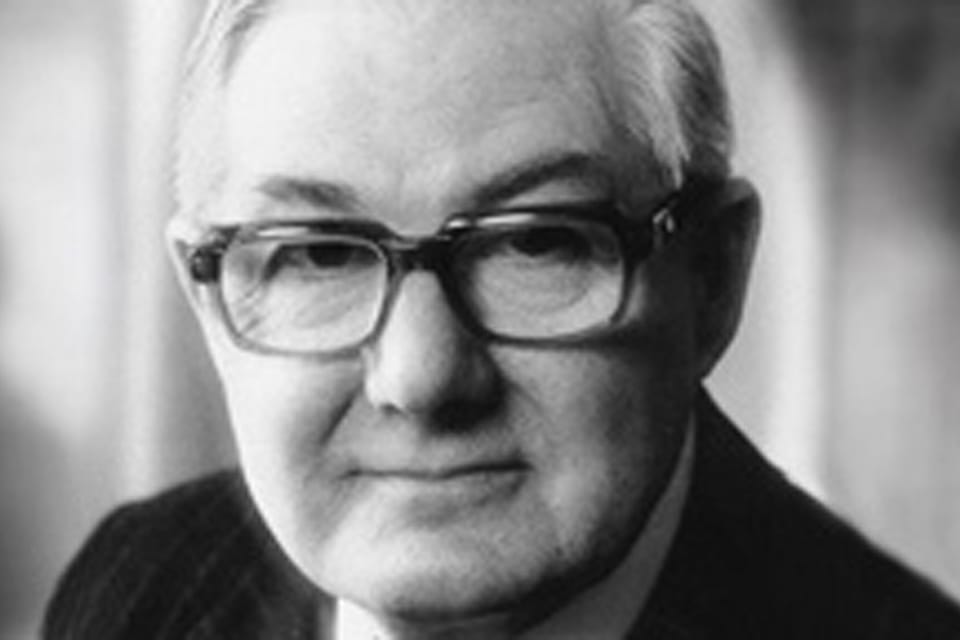OPINION
If you have come across an article or news clip on the radio or television today about why tax freezes outlined in last month’s mini-budget will cost taxpayers more in take-home pay and benefits over the long term, you won’t be the only one who’s confused. I needed to grab another cup of coffee to get through the economist jargon when reading the Institute of Fiscal Studies mini-budget report analysis.
Basically, what the IFS is trying to get across (I think) is that when long-term freezes are placed on tax thresholds and benefits they are ignoring what’s happening in the here and now. And right now inflation is not expected to go down for another 12 months and interest rates are likely to rise more than once in that same period.
Our money isn’t going further and more people will be pushed into higher tax brackets over the next few years as their careers progress and household salaries are combined. And mortgage brokers are already predicting a mortgage crisis in 2023 when hundreds of thousands of fixed-rate mortgage holders see their interest rates nearly triple and monthly mortgage bills jump on average £500.
Many freelancers may be relieved that their tax rates won’t go up next year, but those on benefits, such as child benefits, will find they may have to find that extra cash elsewhere. Many freelancers that have the opportunity to take on more work will, but that could really put a strain on their need for extra childcare and sleepless nights (the FI will be covering this latter topic this week).

Liz and Kwasi: craftier than we give them credit for?
In essence PM Liz Truss and Chancellor of the Exchequer Kwasi Kwarteng are delivering on their tax cut promises and a British population less dependent on state benefits. Their mini-budget moves may have been more crafty than the person on the street may have given them credit for. And here’s why.
Because the tax and benefit freeze is over a four-year period, the IFS has estimated that by 2025–26 these freezes take away £2 for every £1 given to households through the headline personal tax cuts.
“Not only is this true overall,” says the IFS, “but households in every part of the income distribution will, on average, lose more from freezes over the next three years than they will gain from the headline cuts.”
Most thresholds, allowances and benefit amounts are usually uprated in line with inflation, or sometimes earnings, so they maintain their real value over time. But freezing them can “stealthily and unpredictably change the size and shape of the tax–benefit system.”
Tom Waters, a Senior Research Economist at IFS and an author of the IFS report, probably explains it best with the example of the pensioners’ Christmas bonus, which has not been changed since 1977 when Labour Party Prime Minister James Callaghan was the British Prime Minister.
Practically every part of the tax and benefit system contains allowances, amounts or thresholds that are frozen, often indefinitely. Some are farcical – the Christmas bonus, paid to pensioners and disability benefit recipients, has been frozen at £10 since 1977, in which time prices have more than quintupled. Of course, from the Treasury’s perspective, one can see that undoing such freezes might not be appealing, given the state of the public finances.
But that doesn’t change the fact that there are far less opaque and arbitrary ways to raise revenue. Worryingly, it seems like there is a growing trend towards introducing new parameters to the system that are indefinitely frozen. This smacks of lazy policymaking. The government should kick the habit.
Tom Wernham, a Research Economist at IFS, says “The unexpected bout of inflation we’re now facing means that the freeze to income tax thresholds is around four times as big a tax rise as expected when the policy was announced.”
Still confused? The IFS spells it out for us:
- As a result of the four-year freeze to the personal allowance, by 2025–26 the number of income tax payers will rise to 35.4 million (66% of adults) – 1.4 million more than the number today (34.0 million, 63% of adults). By 2025–26 the freeze will be costing basic-rate taxpayers £500 per year (in today’s prices).
- The four-year freeze to the higher-rate threshold means that by 2025–26 7.7 million people will be paying higher-rate tax (14% of adults) – the highest rate on record, and 1.6 million more than the figure today (6.1 million, 11% of adults). Together with the freeze to the personal allowance, freezing the higher rate will cost most higher-rate taxpayers around £3,000 per year (in today’s prices).
- The Chancellor decided not to abolish the 45p rate of income tax. Because the £150,000 threshold at which this rate starts to bite has been frozen since 2010, by 2025–26 there are projected to be three times as many additional-rate income tax payers as there were when the additional rate was introduced (760,000 versus 240,000).
- There are also numerous aspects of the benefit system where freezes are biting. For example, the number of families affected by the benefit cap – which sets a maximum amount that some out-of-work families can receive – is set to double to a quarter of a million by 2025–26 as a result of the cap being frozen. The last change in the cap was in 2016 (immediately after which only 70,000 households were capped), and on current plans the cap will be frozen indefinitely, meaning it bites more and more each year.
- Half a million more families will lose some or all of their child benefit entitlement by 2025–26 compared with now, taking the total to 2.5 million (31% of families with children), because the £50,000 threshold at which child benefit begins to be tapered away has been frozen since its introduction in 2013. Back then, it only affected 1 million families (13% of those with children). Again, on current plans, this threshold will be frozen indefinitely, withdrawing child benefit from more and more families over time.
Frozen tax and benefit thresholds do not account for changes in the cost of living and as a result can fail to reflect household needs, according to Alex Beer, Welfare Programme Head at the Nuffield Foundation.
The government should uprate all tax–benefit thresholds by default and explain its reasoning should it choose not to do so, to avoid the arbitrary and pernicious effects of long-term freezes
Alex Beer, Welfare Programme Head at the Nuffield Foundation
One example is the benefit cap, says Beer, where the threshold freeze dramatically increases the numbers of families subject to the cap and reduces the amount of real support the benefit system offers.
“Evidence shows that parents currently subject to the cap struggle to meet their children’s basic needs and that it increases maternal mental ill health and risks affecting children’s emotional and physical development. The government should uprate all tax–benefit thresholds by default and explain its reasoning should it choose not to do so, to avoid the arbitrary and pernicious effects of long-term freezes,” says Beer.
🥶Are you already expecting to be impacted by the freezes?
🤔Share your thoughts or write in with your tax or child benefit questions to editor@freelanceinformer.com and the team will try to find an expert to address your question through the FI tax clinic.



